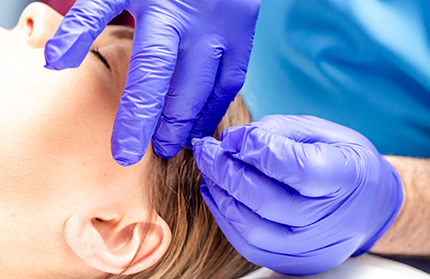
Building strong and healthy bones is an essential part of your overall physical health. Bones within the human body start to develop while in the womb, and continue to develop well into adulthood. The age of 30 is usually around the time when the bones reach their “peak bone mass”. After this period, bones then begin to start losing their mass which can often lead to bone conditions such as osteoporosis. However, maintaining good bone health can lower your risk of developing many types of bone diseases. Here are a few tips on how to do so:
1. Put down the Starbucks…and the cigarettes. That’s right–Your daily trip to Starbucks for a vanilla bean Frappuccino could be detrimental to your bone health. Likewise, smoking cigarettes doesn’t do much good for your bone health either. Too much caffeine or tobacco inhibits the body’s ability to absorb nutrients like calcium that are important for strengthening bones. Studies suggests that consuming more than two cups of coffee each day can help to speed up bone loss. Avid cigarette smokers have also been known to suffer from diminishing bone mass. Limiting your caffeine intake can help lower your risk for loss of bone mass. On the other hand, the concept of moderation isn’t always successful when it comes to smoking, so if you’re interested in achieving good bone health, tossing the habit altogether may be in your best interest.
2. Exercise, Exercise, Exercise. Running, swimming, cycling, stair climbing and other weight-bearing exercises are proven to increase bone health and aid in the prevention of bone diseases such as osteoporosis. Studies show that people who exercise on a regular basis have higher bone density than those who do not exercise. In addition, for those who already have bone conditions like osteoporosis, over time, exercising can help to improve balance and lower the risk of falling and developing bone fractures.
3. Have a glass of wine. You might be raising your eyebrow at this tip, but it’s true! Studies have shown that consuming ONE alcoholic beverage per day can help to slow bone loss. On the other hand, a heavy consumption of alcohol (defined as anything more than 1 drink per day for women, and anything more than 2 drinks per day for men), can have the adverse effect leading to an increase in bone loss. Bottom line: moderation is the key.
4. Boost your calcium and vitamin D intake. Perhaps the most obvious way to maintain good bone health is to increase your consumption of calcium and vitamin D. Calcium is a mineral geared towards aiding with the strengthening and development of bones and teeth. Foods that are rich in calcium include most dairy products such as milk, yogurt, and cheese. Other non-dairy food items that are rich in calcium include almonds, black-eyed peas, white beans, oatmeal, spinach, green, and sesame seeds. Vitamin D, found in foods such as oranges, salmon, shrimp, sardines, eggs, and tune, helps to absorb the calcium needed for bone health. Because of this, it is important that you implement both calcium and vitamin D into your diet, as opposed to just one or the other.
As mentioned above, failing to maintain good bone health can lead to a number of problems including the development of osteoporosis. Here at RPI we practice a number of treatments aimed towards the rehabilitation of bone and muscle functionality and strengthening. For more information on how our services can help you to maintain good bone health or treat current bone issues, call us today at 314-648-3003 (Creve Coeur location), or 314-916-8751 (Richmond Heights location).

